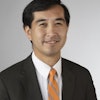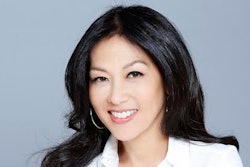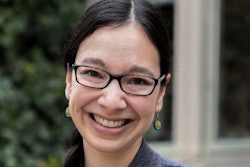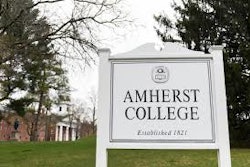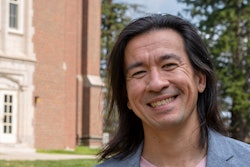Higher education leaders, organizations and policymakers have long debated the use of affirmative action in college admissions.
The issue has resulted in lawsuits against selective institutions, like Harvard University, who spent six years fighting legal challenges on behalf of Asian American applicants who claimed that the Ivy League institution discriminated against them.
New research now reveals that there is “no strong evidence” to support claims that Asian American applicants who apply to selective institutions are routinely discriminated against during the admissions process.
“When it comes to selective colleges, they really only serve a segment of the population,” said Michael Quinn, co-author of the report, “Selective Bias: Asian Americans, Test Scores, and Holistic Admissions,” and a senior analyst at Georgetown University’s Center on Education and the Workforce (CEW). “It might be advantageous to focus more on the broader funding and resource disparities between institutions.”
The CEW report analyzed enrollment trends, acceptance rates and standardized testing scores at 91 selective colleges and universities across the country.
Currently, Asian American adults represent 6% of the college-aged population but make up 18% of enrollment at selective institutions, according to the research. Critics argue that relatively stable rates of enrollment for Asian American students over the last few decades indicates a “predetermined racial imbalance” at selective institutions.
Asian American and Pacific Islander enrollment at selective institutions, however, has sustained similar population share growth rates compared to other four-year colleges. From 1999 to 2018, the number of Asian American and Pacific Islander students at four-year institutions rose from 6% to 8%, while selective colleges experienced a growth rate of 4% for Asian American and Pacific Islander students—with enrollment rates reaching 18%, the research found.


